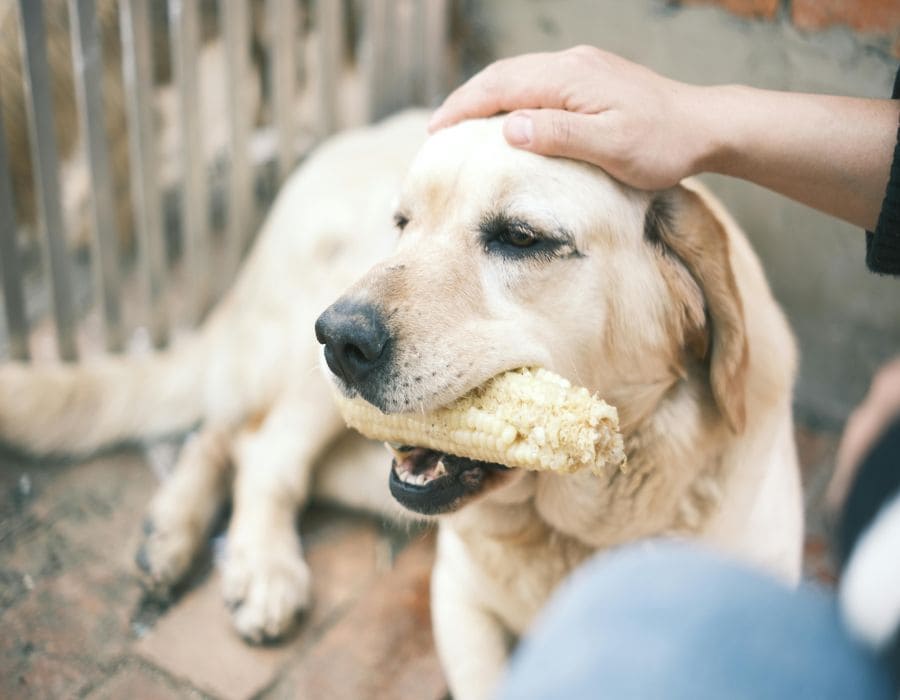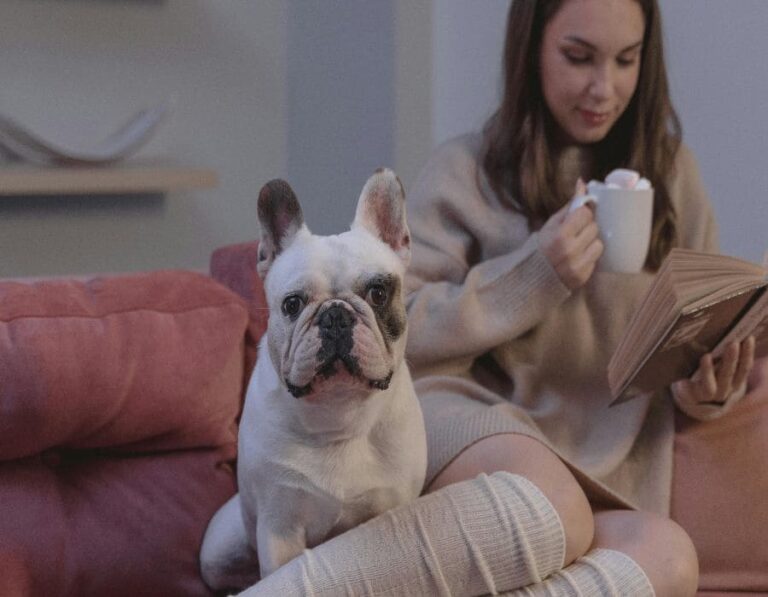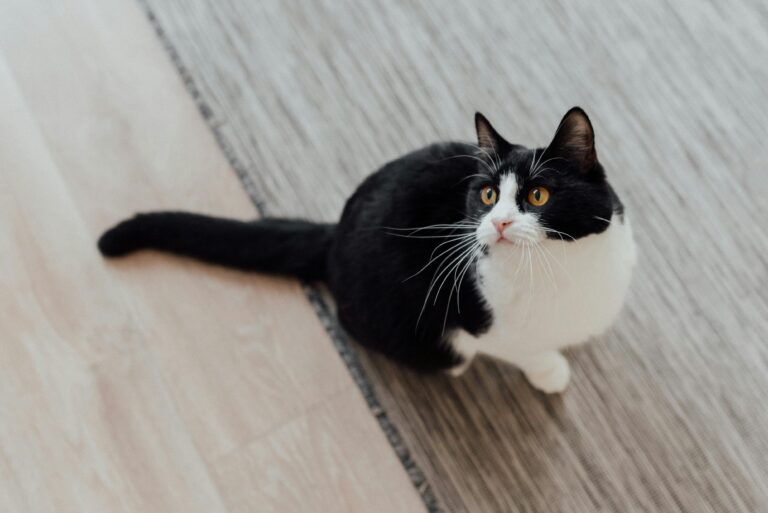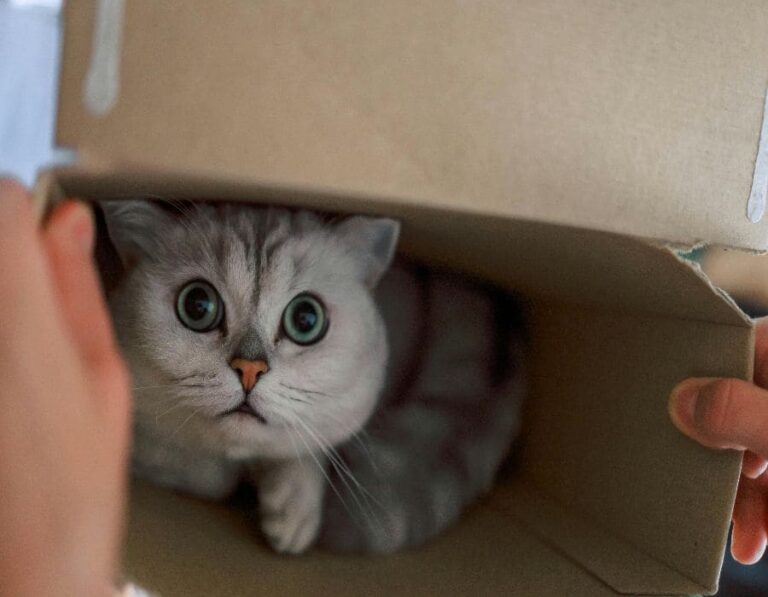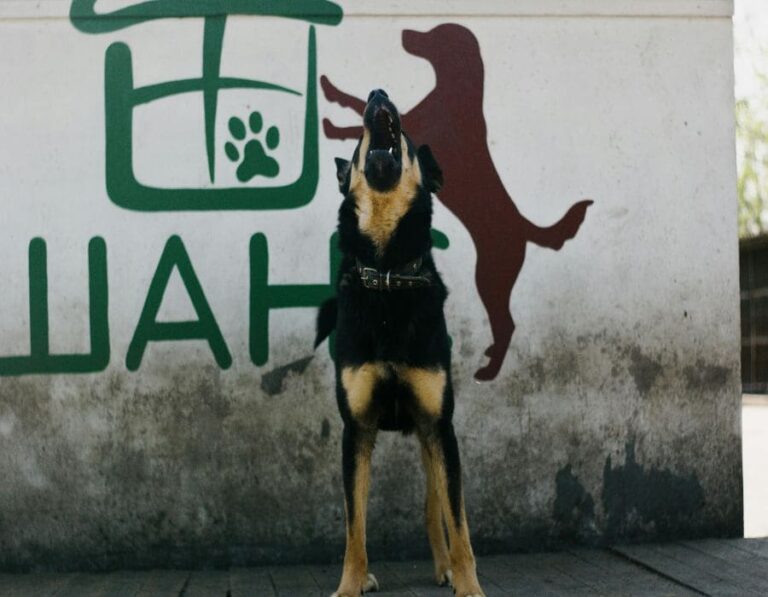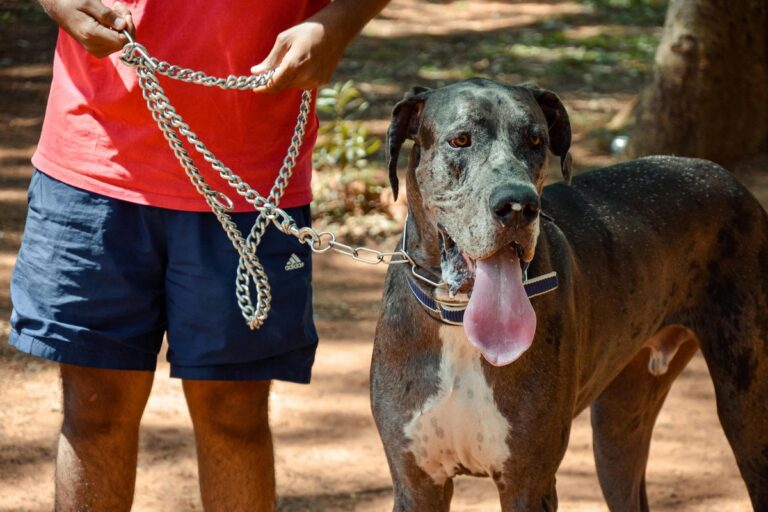12 Household Items That Are Dangerous to Dogs
As a dog owner, ensuring that your home is safe and secure for your furry friend is essential. Dogs are naturally curious, and they often explore their surroundings by sniffing, licking, and sometimes chewing on things they shouldn’t. Unfortunately, many common household items can be harmful or even life-threatening to dogs if ingested or interacted with. Here’s a list of household items that are dangerous to dogs, and tips on how to keep them safe.
1. Chocolate
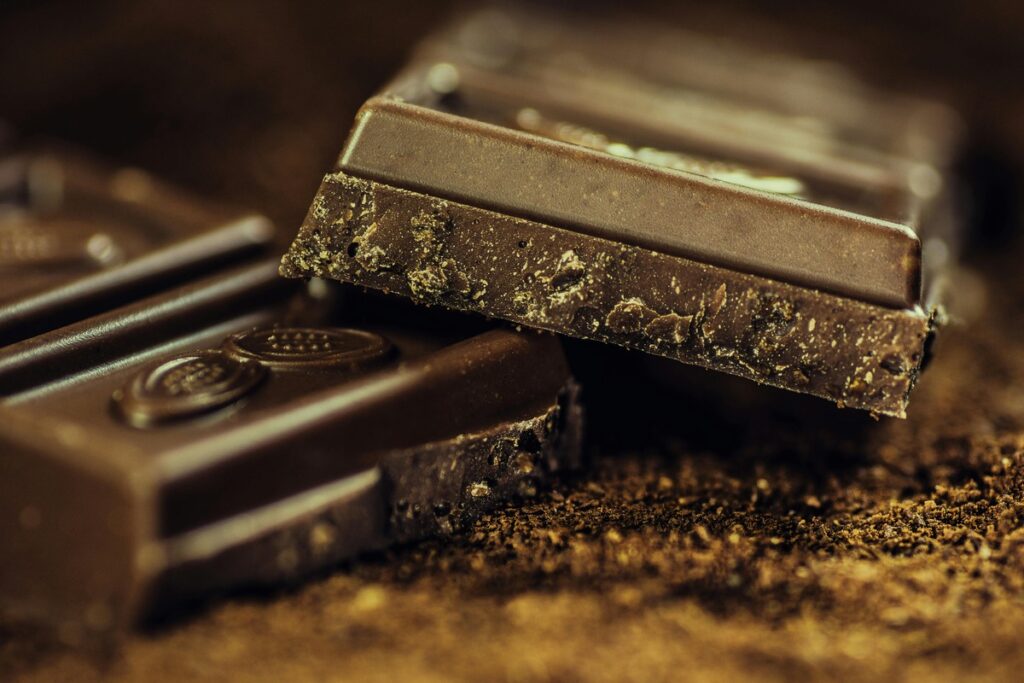
Chocolate is one of the most well-known toxic substances for dogs. It contains theobromine, a compound that dogs cannot metabolize properly. Dark chocolate and baking chocolate have higher levels of theobromine, making them even more dangerous. Ingesting chocolate can cause symptoms like vomiting, diarrhea, increased heart rate, and in severe cases, seizures and death. If your dog eats chocolate, contact your vet immediately, especially if the type of chocolate consumed is dark or baking chocolate.
2. Grapes and Raisins
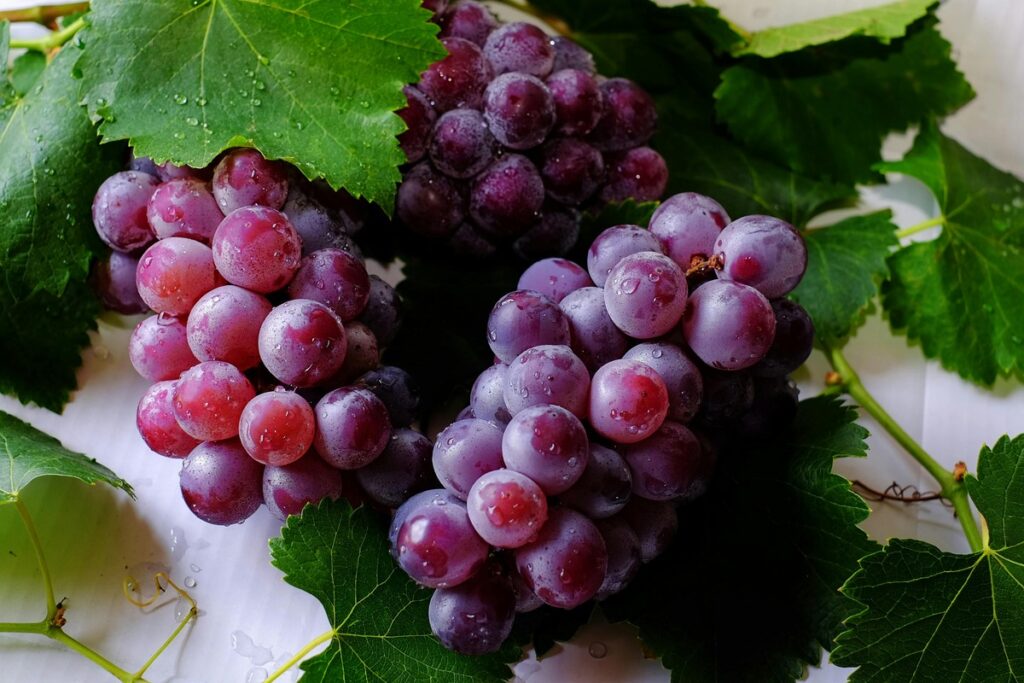
While the exact toxin in grapes and raisins isn’t fully understood, they are known to cause kidney failure in dogs. Even small amounts of grapes or raisins can lead to symptoms like vomiting, diarrhea, lethargy, and loss of appetite. Some dogs are more sensitive to these fruits than others, so it’s important to keep them well out of reach. If your dog eats grapes or raisins, contact your vet immediately.
3. Xylitol
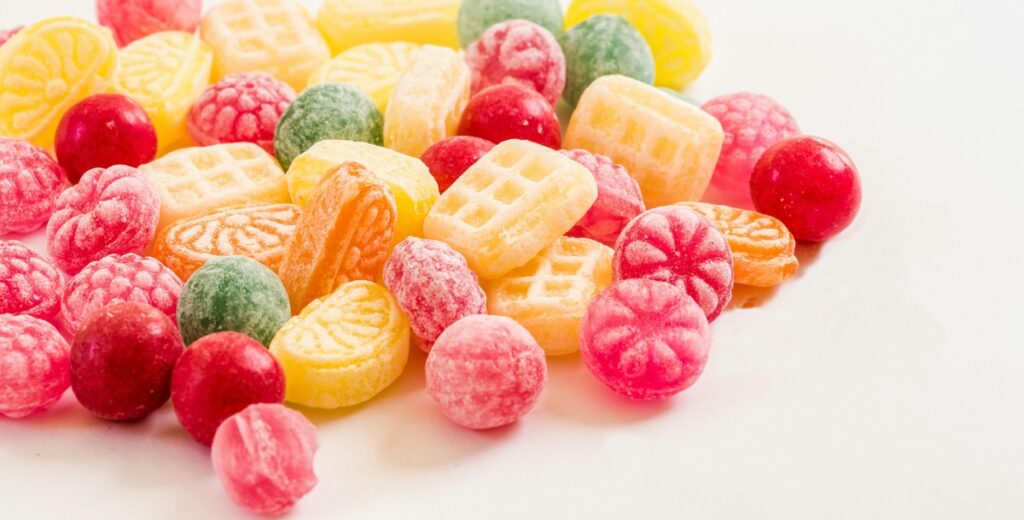
Xylitol is a sugar substitute commonly found in sugar-free gum, candies, baked goods, and even some toothpaste. It’s extremely toxic to dogs and can cause a rapid drop in blood sugar, leading to symptoms like vomiting, weakness, seizures, and liver failure. Even small amounts of xylitol can be dangerous, so it’s important to keep products containing it out of your dog’s reach. If your dog ingests anything with xylitol, get veterinary care right away.
4. Onions and Garlic
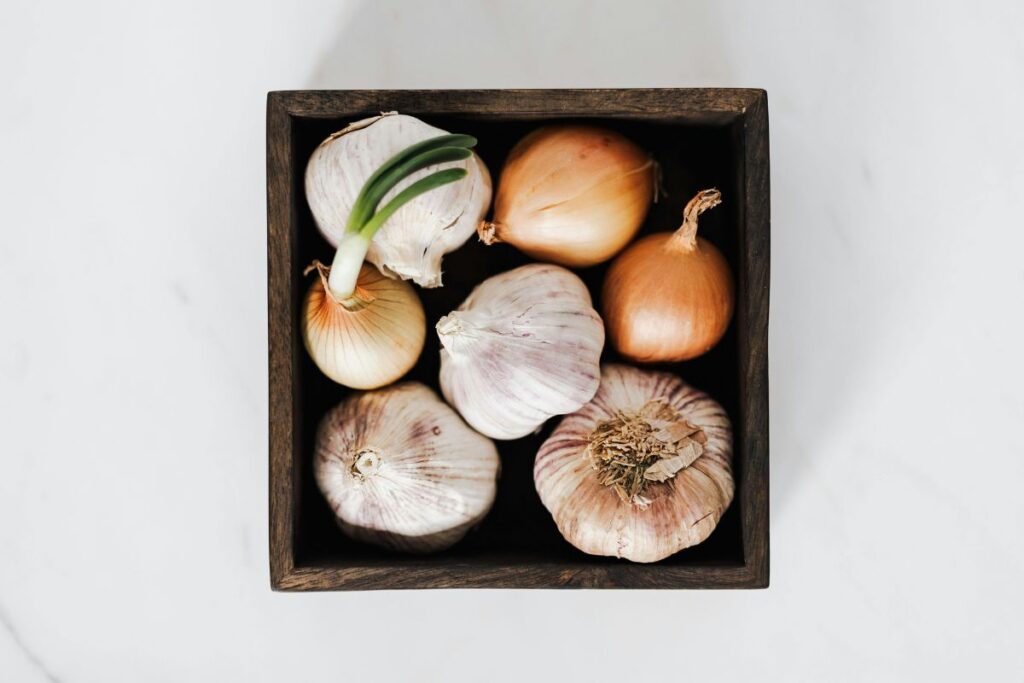
Both onions and garlic contain compounds called thiosulfates, which can be toxic to dogs. Even small amounts of these vegetables can cause red blood cell damage, leading to anemia. Symptoms of onion or garlic poisoning include vomiting, diarrhea, weakness, and lethargy. It’s important to avoid giving your dog any food that contains onion or garlic, including baby food, soups, and gravies. Keep these foods out of your dog’s reach.
5. Alcohol

Alcohol is highly toxic to dogs, and even small amounts can cause serious health issues. Beer, wine, spirits, and even foods with alcohol content, like rum cake, can lead to vomiting, diarrhea, central nervous system depression, low blood sugar, and even coma or death in severe cases. Always ensure that alcoholic beverages are out of reach, and keep an eye out for any discarded alcohol-containing food or drink.
6. Household Cleaners
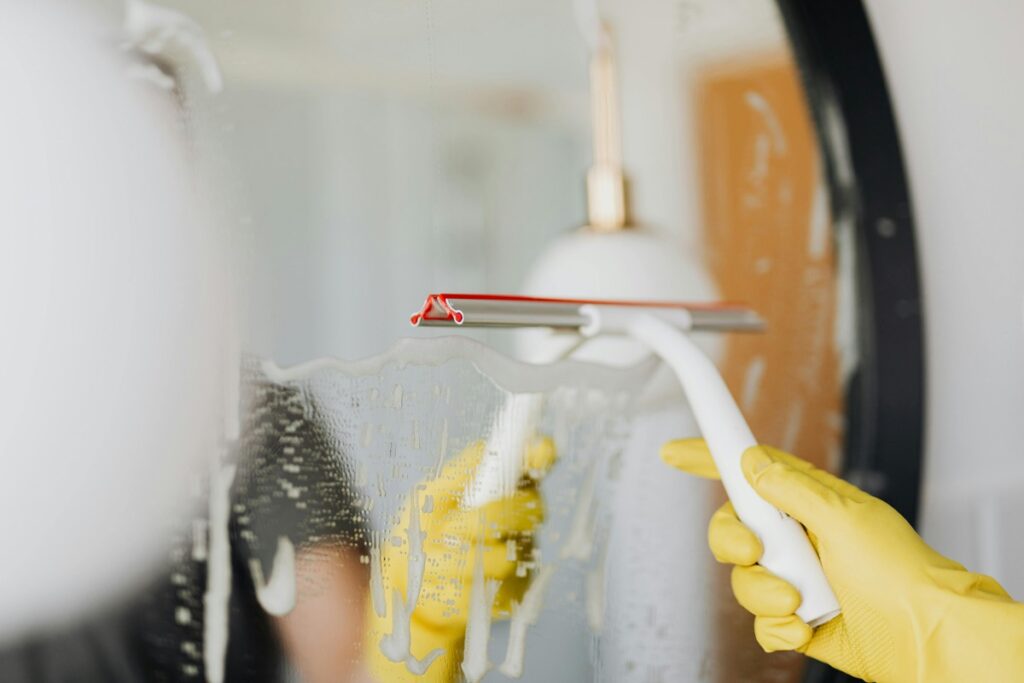
Many common household cleaners contain toxic chemicals that can cause serious harm to dogs. Products like bleach, ammonia, window cleaners, and disinfectants can be harmful if ingested or inhaled by your dog. Even if the cleaner is diluted, exposure to the chemicals can lead to respiratory issues, gastrointestinal problems, and chemical burns. Make sure to keep these products securely stored away and always read the labels to ensure they are safe for pets.
7. Medications
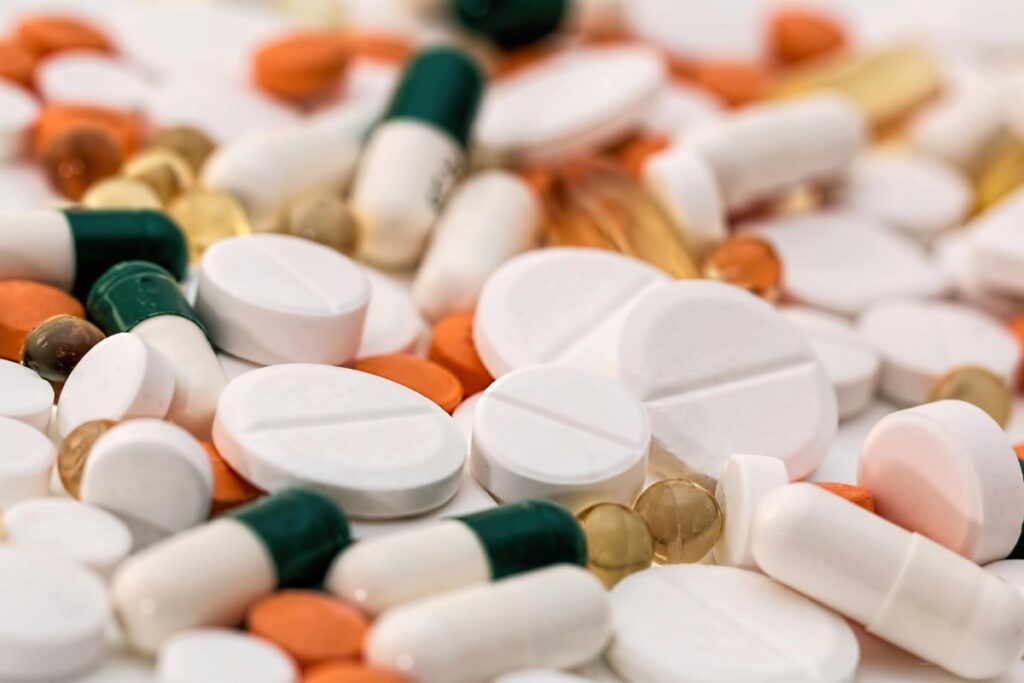
Human medications are one of the most common sources of poisoning in dogs. Pain relievers like acetaminophen (Tylenol), ibuprofen (Advil), and aspirin can cause liver damage, kidney failure, and stomach ulcers in dogs. Antidepressants, cold medicine, and other prescription drugs can also be harmful if ingested. Always store medications in a secure place, and if you suspect your dog has ingested any medication, contact your vet immediately.
8. Raw Dough

Raw dough, especially dough containing yeast, poses several risks to dogs. If ingested, the dough can expand in the dog’s stomach, causing bloating, gas, and even intestinal rupture. Additionally, the yeast in raw dough ferments and produces alcohol, which can lead to alcohol poisoning. Always keep dough products away from your dog, and ensure that any leftovers are disposed of in a safe manner.
9. Macadamia Nuts
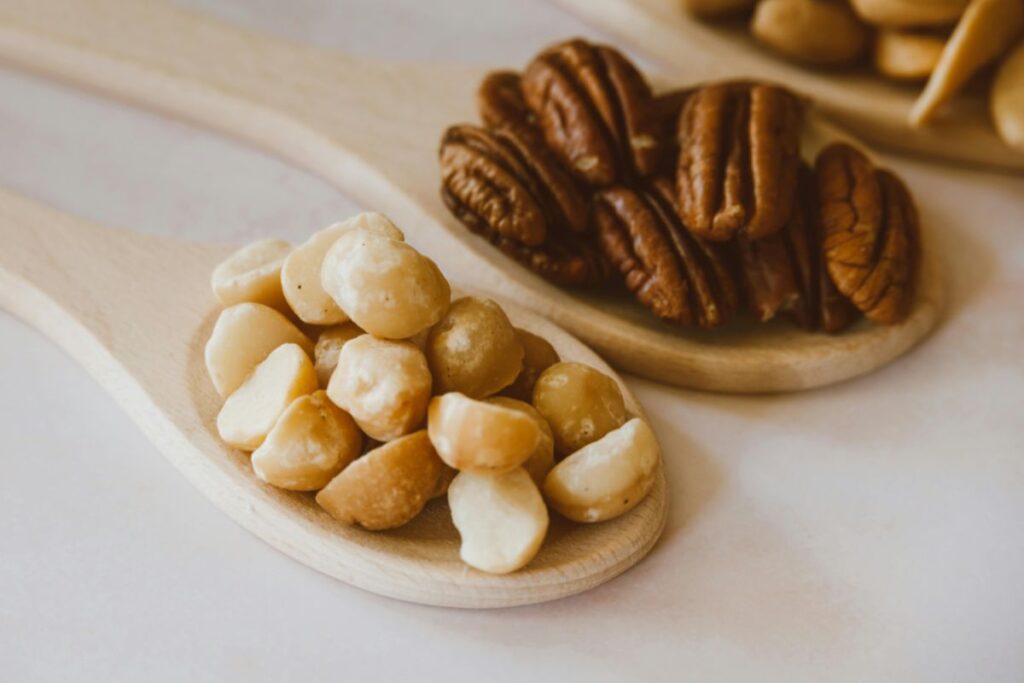
Macadamia nuts are another food that is toxic to dogs. While the exact cause of the toxicity is unknown, even a small amount of macadamia nuts can cause symptoms like muscle weakness, tremors, vomiting, and hyperthermia. It’s important to avoid giving your dog any nuts, especially macadamia nuts, as they can have serious effects on their health.
10. Caffeine

Caffeine, found in coffee, tea, energy drinks, and some sodas, can be highly toxic to dogs. Even small amounts of caffeine can cause hyperactivity, rapid heart rate, tremors, and seizures in dogs. The amount of caffeine varies between beverages, so it’s important to keep drinks like coffee or energy drinks well out of reach of your dog. If your dog ingests caffeine, seek veterinary attention immediately.
11. Tobacco
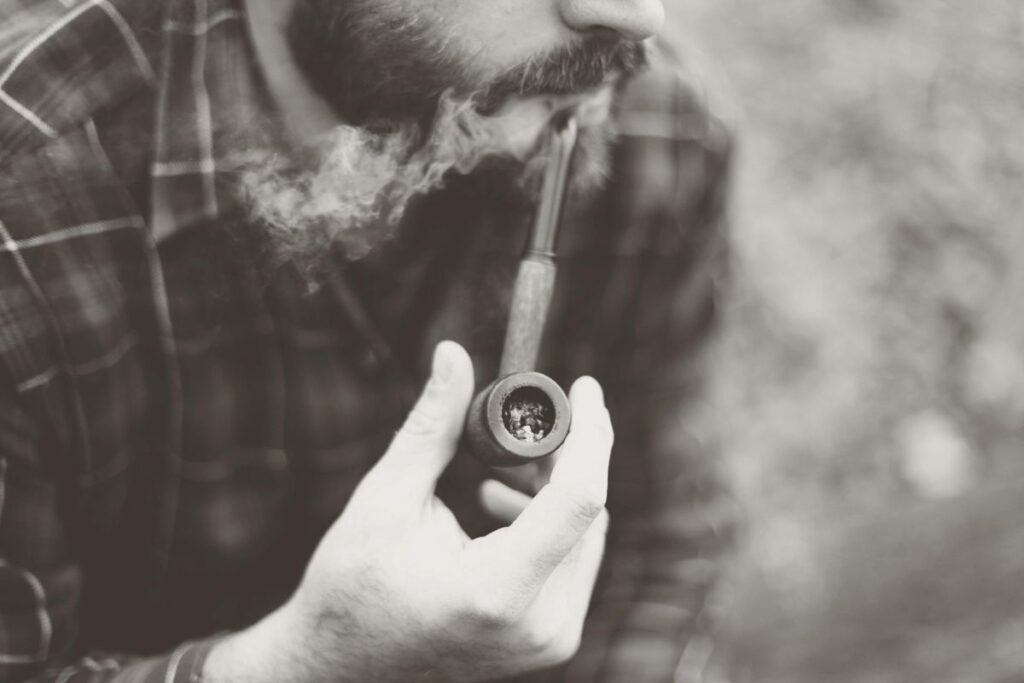
Nicotine, found in cigarettes, cigars, and chewing tobacco, is extremely toxic to dogs. Ingesting tobacco products can lead to vomiting, diarrhea, tremors, and seizures, and in severe cases, it can be fatal. Be sure to store cigarettes and other tobacco products securely and prevent your dog from accessing cigarette butts or any discarded tobacco.
12. Mothballs

Mothballs, often used to protect clothing from moths, contain naphthalene or paradichlorobenzene, both of which are highly toxic to dogs. Ingesting mothballs can cause vomiting, diarrhea, liver damage, and anemia. If your dog ingests mothballs, seek veterinary care immediately. Be sure to store mothballs in places where your dog cannot access them, and consider using pet-safe alternatives for keeping pests away.
How to Keep Your Dog Safe from Household Hazards
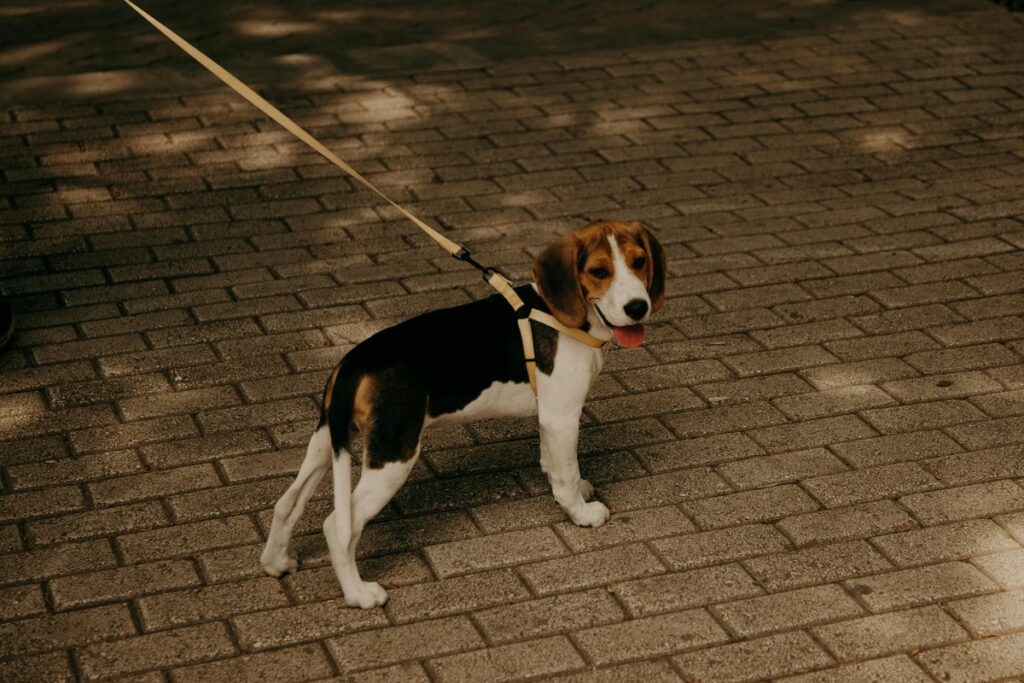
To prevent your dog from coming into contact with toxic substances, here are a few safety tips:
- Store toxic items securely: Keep household cleaners, medications, and food items in cabinets or shelves that your dog cannot reach.
- Puppy-proof your home: Like baby-proofing, ensure that any hazardous items are out of your dog’s reach, including plants, electrical cords, and food on countertops.
- Be cautious with guests: Let friends and family know which foods or substances are dangerous for your dog, especially during parties or gatherings.
- Monitor your dog’s behavior: If you suspect your dog has ingested something harmful, observe their behavior closely and contact your vet immediately if you notice unusual symptoms.
Conclusion

Many common household items are toxic to dogs and can lead to serious health problems or even death if ingested. From chocolate and grapes to cleaning products and medications, it’s essential to be mindful of what is accessible to your dog. By securing hazardous items, monitoring your dog’s behavior, and providing a safe environment, you can protect your furry friend from these dangerous substances and ensure they live a long, healthy life. If you ever suspect your dog has ingested something harmful, don’t hesitate to contact your vet for immediate advice and care.

